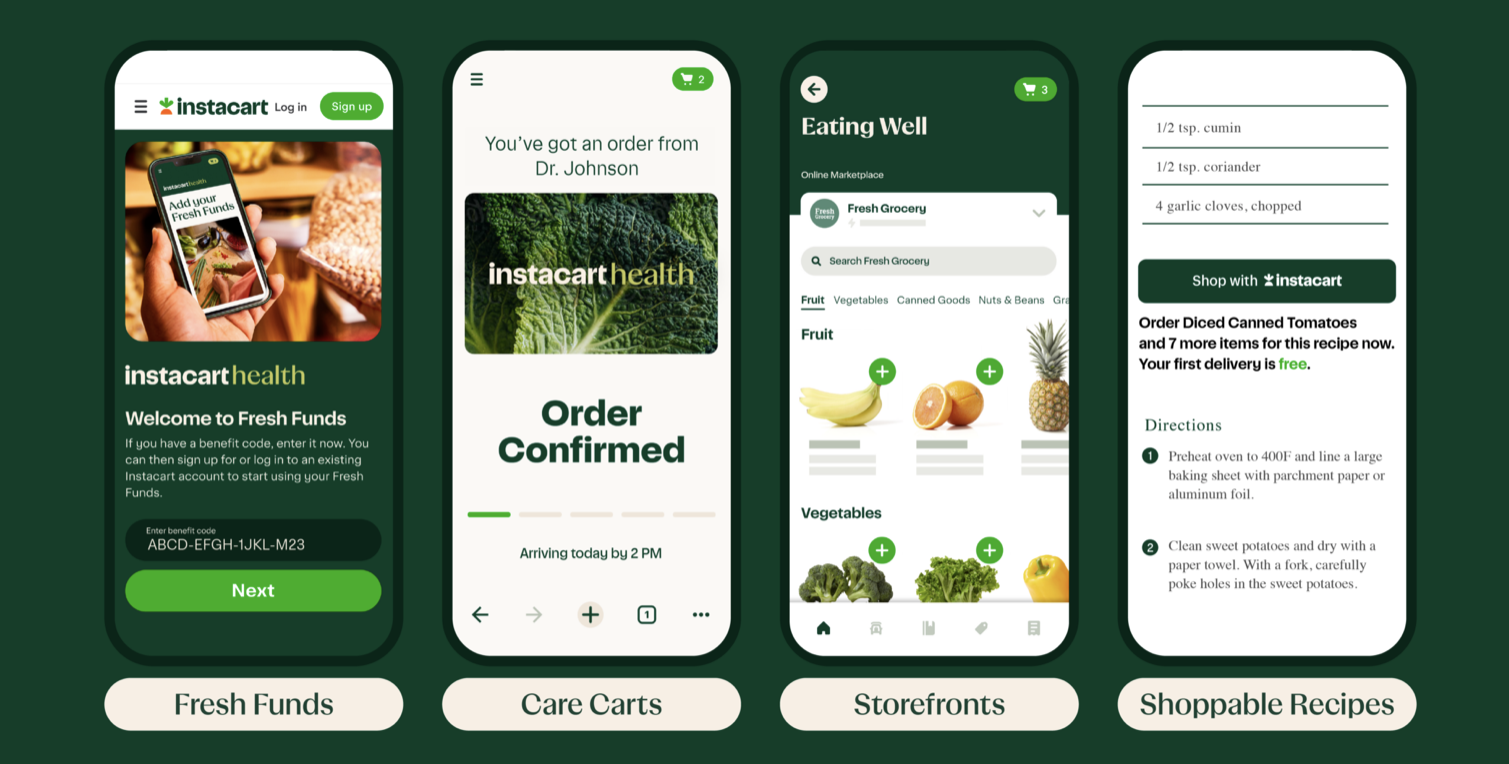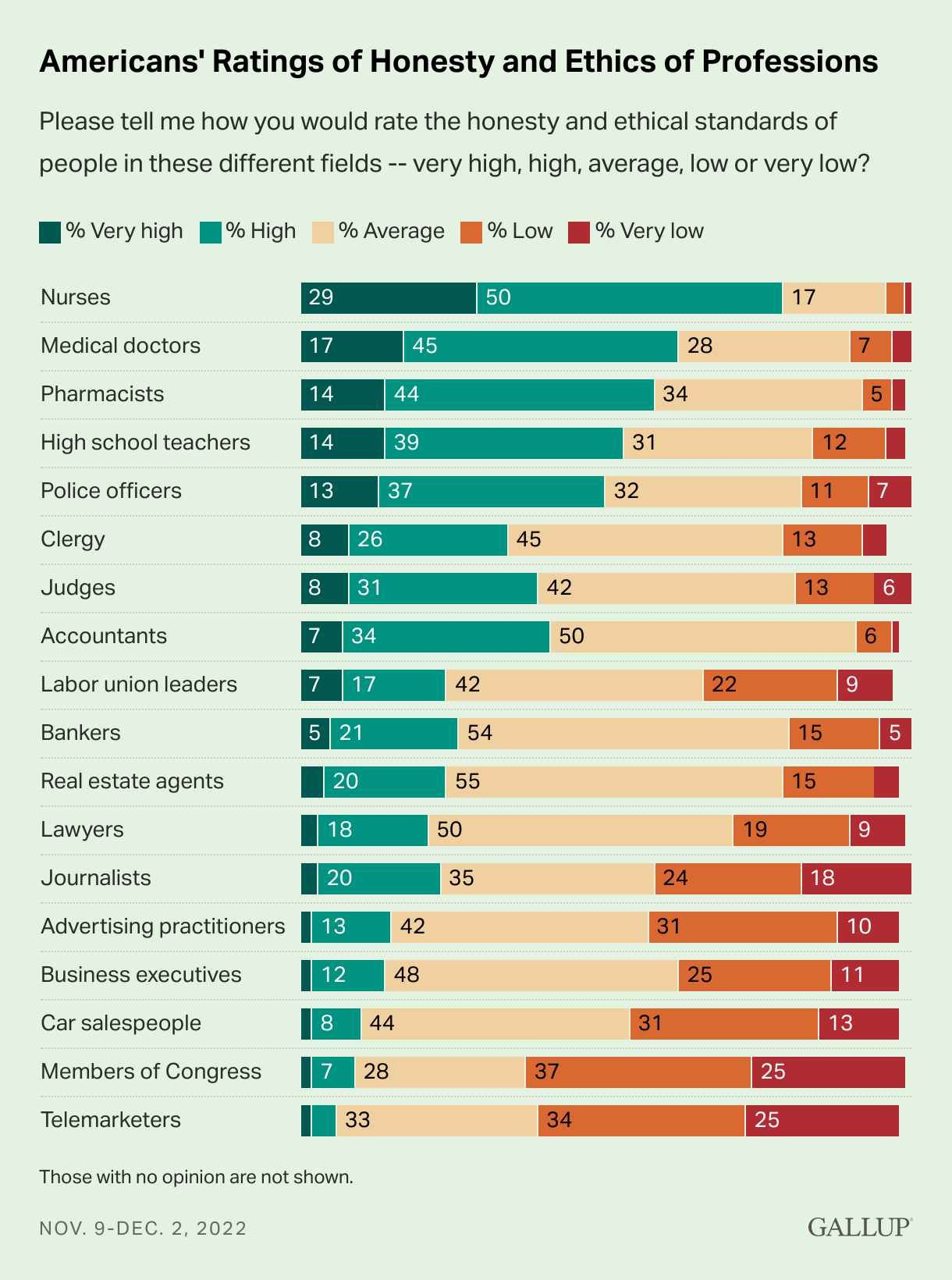 Patient education is a crucial aspect of the Nursing practice, because it empowers patients to take an active role in their own healthcare. Nurses serve as educators, providing patients and their families with the knowledge and skills they need to make informed decisions about their health and well-being.
Patient education is a crucial aspect of the Nursing practice, because it empowers patients to take an active role in their own healthcare. Nurses serve as educators, providing patients and their families with the knowledge and skills they need to make informed decisions about their health and well-being.
Patient education provides a better understanding of their health conditions, treatment options, and self-care strategies, leading to better health outcomes.
“The more clearly a disease is understood, the more likely it is that an individual will be comfortable with their care and adhere to necessary regimens,” according to research published in Seminars in Oncology Nursing.
Here are some key points regarding the role of Nurses in patient education and health promotion:
Assess Learning Needs
Nurses assess the patient's learning needs by considering factors such as their health literacy, cultural background, language proficiency, and individual preferences. This assessment helps Nurses tailor educational interventions to meet the patient's specific needs.
Provide Clear and Accessible Information
Healthcare professionals simplify medical information and relay it in a clear and understandable manner. They use plain language and avoid medical jargon to ensure patients can comprehend and retain the information provided.
Educational resources can be customized and printed out for patients with the touch of a button. Make sure the patient’s individualized needs are addressed. Don't simply hand the patient a stack of papers to read, review them with patients to ensure they understand the instructions and answer questions that arise.
Utilize Various Teaching Methods
There are a variety of teaching methods Nurses can use, such as verbal explanations, visual aids, written materials, videos, interactive computer programs, and demonstrations. Nurses adapt their teaching strategies to accommodate different learning styles for better patient understanding.
Providing education using different methods reinforces teaching. Patients have different learning styles so ask if your patient learns best by watching a DVD or by reading. A hands on approach where the patient gets to perform a procedure with your guidance is often the best method.
Teach Self-Management Skills
Self-management skills are taught to patients so they can effectively manage their health conditions. This includes instruction on how to administer medication, wound care, monitoring symptoms, lifestyle changes, and recognizing signs of complications.
Work With Family Members
Family members play important roles in the care of patients including contribution to decision-making, assisting the health-care team in providing care, improving patient safety, and assisting in home care. When Nurses include family members in patient teaching, it improves the chances that instructions will be followed.
Health Promotion and Disease Prevention
Nurses play a major role in promoting healthy behaviors and preventing diseases. They educate patients on topics such as nutrition, physical activity, tobacco cessation, stress management, and immunizations, empowering them to make positive lifestyle choices.
Support Shared Decision-Making
Shared decision making (SDM) is when Nurses and patients actively work together to make informed decisions about healthcare options.
The Agency for Healthcare Research and Quality (AHRQ) has an SDM model called SHARE. This model is designed to examine and analyze healthcare option advantages, disadvantages, and potential risks. The options are identified via meaningful patient-Nurse dialogue that allows the patient to openly express what’s most important to them. The model comprises this five-step process:
Seek your patient’s participation.
Help your patient explore and compare treatment options.
Assess your patient’s values and preferences.
Reach a decision with your patient.
Evaluate your patient’s decision.
Assess Learning Outcomes
It is important to evaluate the effectiveness of the patient's education by assessing their understanding, skills, and confidence in managing their health thus far. This assessment helps identify areas that may need further explanation or modification.
Collaborate with Interdisciplinary Team
Nurses collaborate with other healthcare professionals, such as Physicians, Pharmacists, Dietitians, and Physical Therapists, to provide comprehensive patient education. This multidisciplinary approach ensures patients receive consistent and coordinated information.
By actively engaging in patient education and health promotion, Nurses empower patients to make informed decisions, actively participate in their care, and ultimately improve their overall health outcomes.


 Nurse gig shifts refer to temporary or short-term Nursing assignments that are often offered through staffing agencies or online apps. These shifts can range in length from a few hours to several weeks or months and are often taken by Nurses who are looking for flexible work arrangements or who want to supplement their income.
Nurse gig shifts refer to temporary or short-term Nursing assignments that are often offered through staffing agencies or online apps. These shifts can range in length from a few hours to several weeks or months and are often taken by Nurses who are looking for flexible work arrangements or who want to supplement their income. There is a growing need for more Nurse Educators to address the current shortage of Nurses and ensure the future generations of Nurses are well-trained and prepared to provide quality care.
There is a growing need for more Nurse Educators to address the current shortage of Nurses and ensure the future generations of Nurses are well-trained and prepared to provide quality care. Healthcare providers recognize the crucial role nutritious diets play in promoting and maintaining good health. People with healthy eating patterns
Healthcare providers recognize the crucial role nutritious diets play in promoting and maintaining good health. People with healthy eating patterns  Choosing the right Nursing specialty can be a challenging decision, as there are many areas of Nursing to consider. Here are some steps that can help you choose the right specialty:
Choosing the right Nursing specialty can be a challenging decision, as there are many areas of Nursing to consider. Here are some steps that can help you choose the right specialty: Using humor in Nursing can be a valuable tool for creating a positive patient experience, improving communication, and reducing stress and anxiety among patients and fellow healthcare providers.
Using humor in Nursing can be a valuable tool for creating a positive patient experience, improving communication, and reducing stress and anxiety among patients and fellow healthcare providers. Emergencies can happen anywhere and patients need to be transported to facilities via ambulance or flight. This is when
Emergencies can happen anywhere and patients need to be transported to facilities via ambulance or flight. This is when 
 Whether you are considering a career in Nursing or are a Nurse looking to switch pathways, something to consider is salary. Many factors play into salary such as location, employer, and experience.
Whether you are considering a career in Nursing or are a Nurse looking to switch pathways, something to consider is salary. Many factors play into salary such as location, employer, and experience.  The
The 